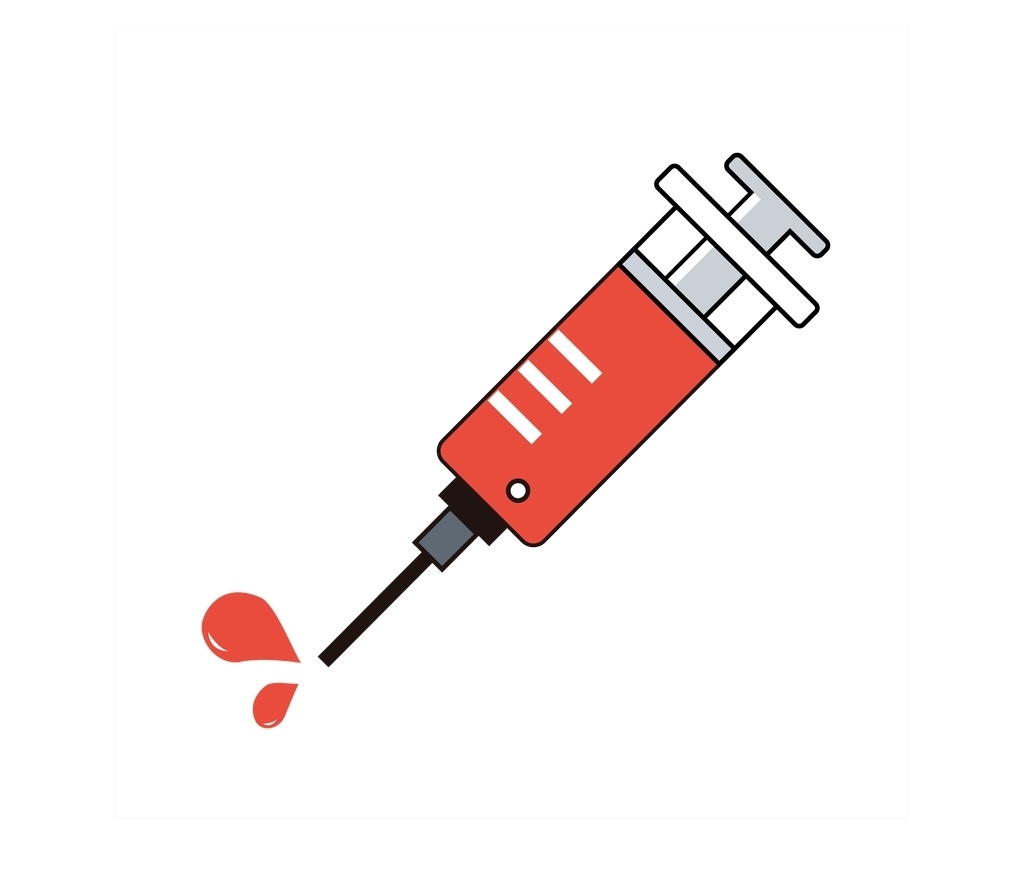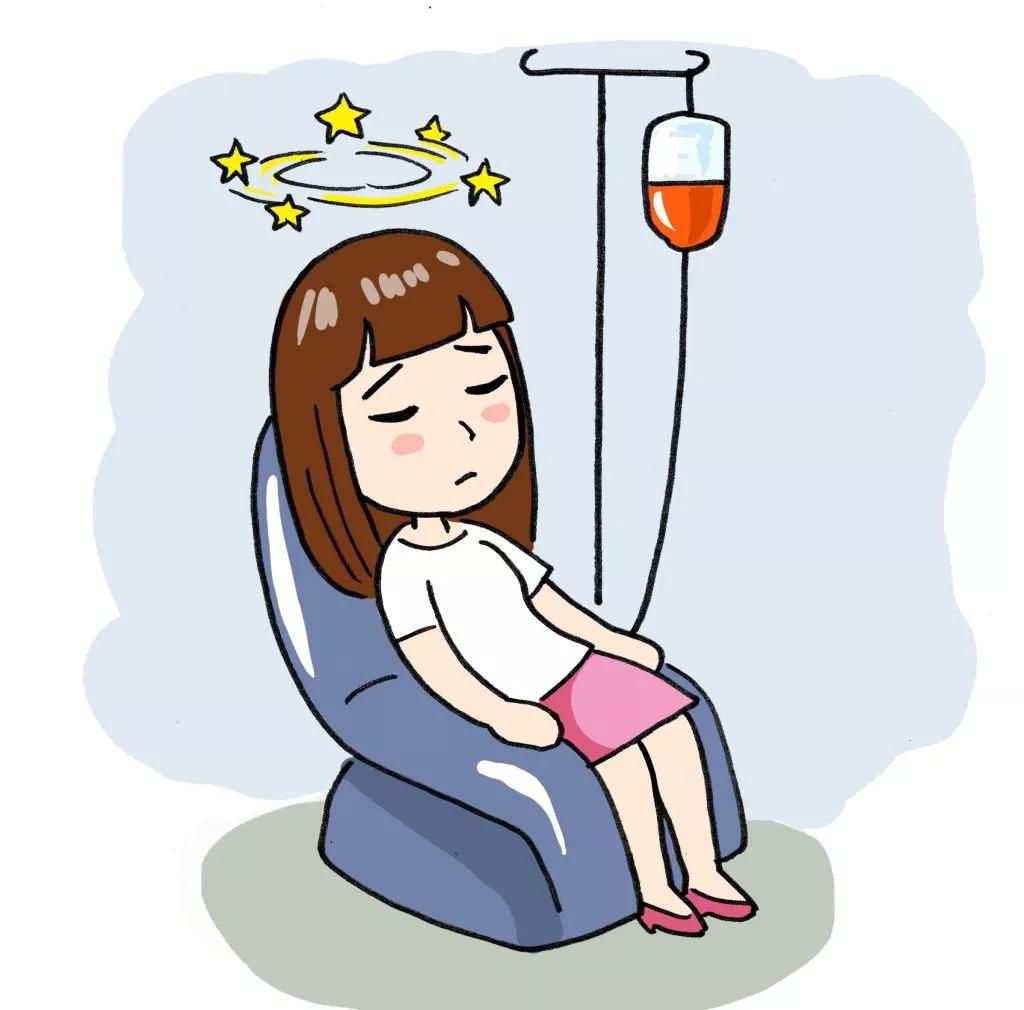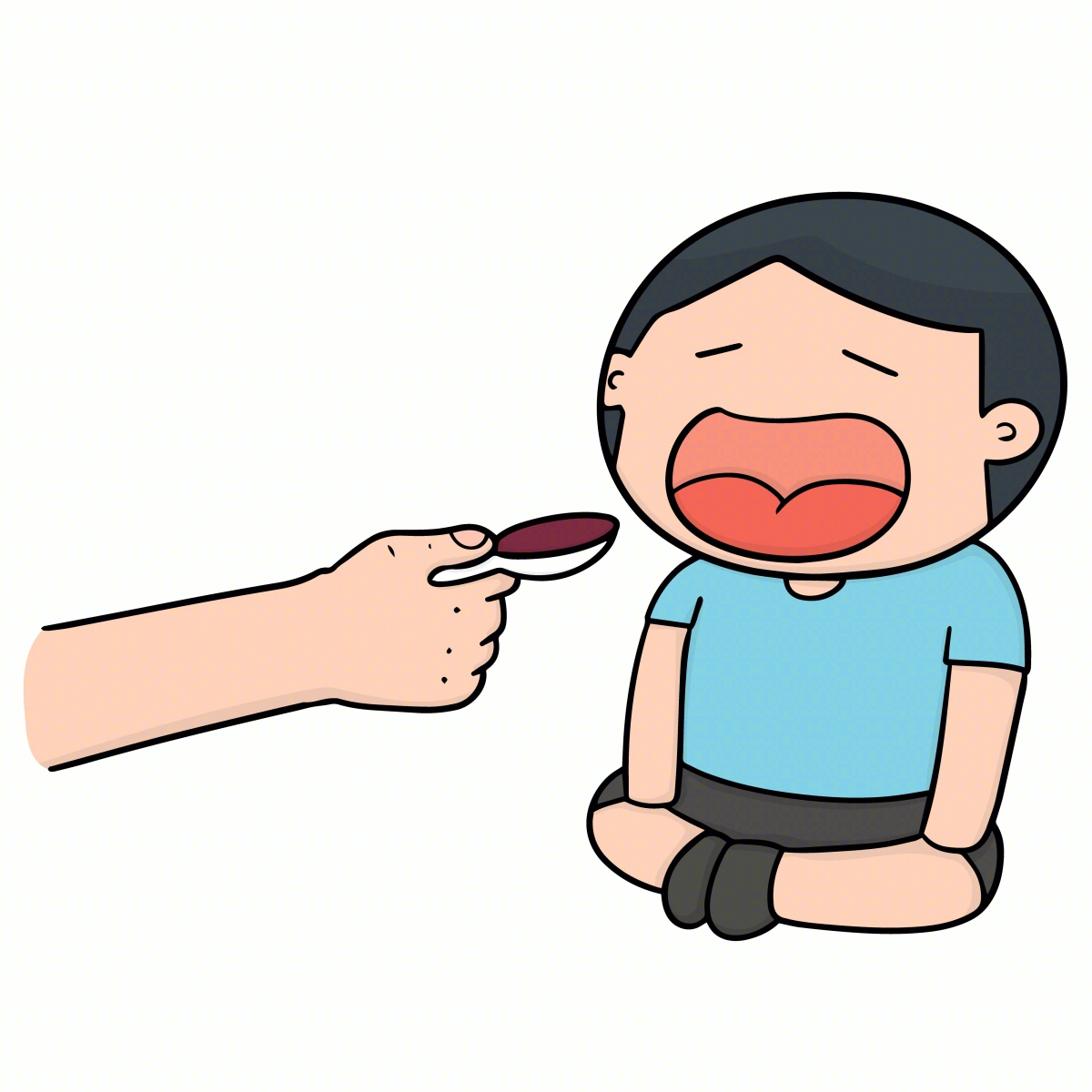How to Diagnosis and Treatment Anemia?
Your treatment for anemia will depend on its cause and how serious it is. People who have mild anemia may not need treatment. If your anemia is caused by medicines or another health condition, your doctor may change your treatment to manage or stop your anemia.
If you are looking for pain relief from Chiropractic care, definitely our chiropractor and massage therapist at Kings Park Chiropractic can help you.

How Do I Know if I Have Anemia?
To diagnose anemia, your doctor will likely ask you about your medical history, perform a physical exam, and order blood tests.Healthcare providers use the CBC test to study the components of your blood, including hemoglobin, red blood cells, white blood cells and platelets.
You can help by providing detailed answers about your symptoms, family medical history, diet, medications you take, alcohol intake, and ethnic background. Your doctor in Kings Park Chiropractic will look for symptoms of anemia and other physical clues that might point to a cause.
There are basically three different causes of anemia: blood loss, decreased or faulty red blood cell production, or destruction of red blood cells. There are basically three different causes of anemia: blood loss, decreased or faulty red blood cell production, or destruction of red blood cells.
Blood tests will not only confirm the diagnosis of anemia, but also help point to the underlying condition. Tests might include:
- Complete blood count (CBC), which determines the number, size, volume, and hemoglobin content of red blood cells
- Blood iron level and your serum ferritin level, the best indicators of your body’s total iron stores
- Reticulocyte count, bilirubin, and other blood and urine tests to determine how quickly your blood cells are being made or if you have a hemolytic anemia, where your red blood cells have a shortened life span
- Levels of vitamin B12 and folate, vitamins necessary for red blood cell production
- Special blood tests to detect rare causes of anemia, such as an immune attack on your red blood cells, red blood cell fragility, and defects of enzymes, hemoglobin, and clotting
- Only in rare cases will a doctor need to remove a sample of bone marrow to determine the cause of your anemia.
How Can I Treatment Anemia?
Your treatment will depend on your type of anemia.
- If you have a vitamin B12 or folate deficiency, you will be prescribed supplements..
- If you have aplastic anemia, you might need medication, blood transfusions (in which you get blood from another person), or a bone marrow transplant (in which you get a donor’s stem cells).
- If you have hemolytic anemia, you might need medication that will hold back your immune system. Your primary care doctor may refer you to a doctor who specializes in vascular problems.
- If it’s caused by blood loss, you might have surgery to find and fix the bleeding. If you have iron-deficiency anemia, you’ll probably need to take iron supplements and change your diet.
- Sickle cell anemia treatment includes painkillers, folic acid supplements, intermittent antibiotics or oxygen therapy. A drug. called hydroxyurea (Droxia, Hydrea, Siklos) is often prescribed to decrease sickle cell pain crises (complicated mechanism). The medication called voxelator (Oxbryta) which can help your red blood cells keep their proper shape. Crizanlizumab-tmca (Adakveo) can keep the blood cells from sticking together and blocking vessels. L-glutamine oral powder (Endari) can cut down on your trips to the hospital for pain and also guard against a condition called acute chest syndrome.
- Thalassemia doesn’t usually need treatment, but if your case is severe, you might have blood transfusions, a bone marrow transplant, or surgery.

How Can I Prevent Anemia?
You can help prevent iron-deficiency anemia by eating a well-balanced diet that includes good sources of iron, vitamin B12, and folate. Steps to take include the following:
- If you are a vegetarian or vegan, talk to your doctor or a nutritionist about your diet and any possible need for supplements.
- Decrease your consumption of caffeinated products and tea. These substances can decrease iron absorption. Other offenders include fiber, large amounts of calcium, and the phytates found in some vegetables.
- Ask your doctor or nutritionist if you should take vitamin C. Vitamin C makes the stomach more acidic and may improve the absorption of iron in your diet.
- Select iron-fortified cereals and breads.
- Carefully follow safety guidelines if your occupation involves work with lead-containing materials such as batteries, petroleum, and paint.
- Ask your doctor or local public health authorities about getting your dishes and other eating utensils tested for lead.
Anemia and healthy eating habits
Healthy eating habits are essential for everyone. It is important to eat healthy to ensure your diet has iron-rich foods, as well as foods that contain vitamin B12.
How anemia may affect your health
If left untreated, anemia can raise your risk of the following health conditions:
- Heart problems, including an irregular heartbeat, a larger than normal heart, and heart failure
- Infections
- Pregnancy complications
- Anemia can also make other health conditions worse. In children, anemia can cause developmental delays.
Kings Park Chiropractic, We offer allied health services since 2018, We offer various Chiropractic Disciplines. Our team is highly-trained and experienced.
Western Sydney Chiropractic Clinic Serves Suburbs – Chiropractor Near Me
Seven Hills NSW 2147
Kings Langley NSW 2147
Kings Park NSW 2148
Blacktown NSW 2148
Baulkham Hills NSW 2153
Norwest NSW 2153
Castle Hill NSW 2154
Rouse Hill NSW 2155
Kellyville NSW 2155
Kellyville Ridge NSW 2155
Schofields NSW 2762
Quakers Hill NSW 2763
Marsden Park NSW 2765
Box Hill NSW 2765
Rooty Hill NSW 2766
Stanhope Gardens NSW 2768
The Ponds NSW 2769

